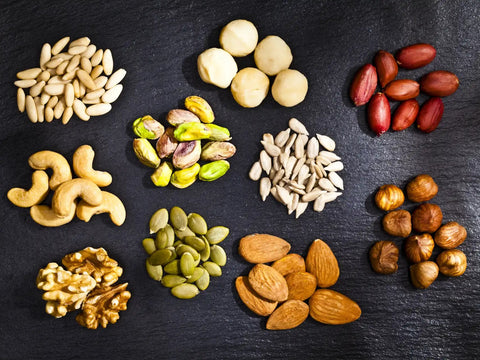In the world of nutrition, dried fruits have long been considered a valuable food due to their many health benefits. These dehydrated foods, such as raisins, dates, figs, apricots and prunes, are not only delicious, but also rich in essential nutrients. Their regular consumption can contribute to a balanced diet and provide many benefits for our general well-being. This article explores the importance of eating dried fruits and highlights why they should be an integral part of our daily diet.
A concentrated source of nutrients
Dried fruits are a concentrated source of vitamins, minerals and dietary fiber. They contain a variety of vitamins, including vitamins A, C, E and some B vitamins, which play an essential role in maintaining good health. Minerals found in dried fruits include potassium, magnesium, iron and calcium, which are necessary for the proper functioning of various bodily functions. Dried fruits are also rich in fiber, which aids digestion and contributes to satiety.
A healthy alternative to sugary snacks
Dried fruit is a healthy alternative to processed sugary snacks, such as candy, candy bars and cookies. Unlike these options that are often high in added sugar and saturated fat, dried fruit offers natural sweetness without the unhealthy artificial ingredients. Additionally, their fiber content helps regulate blood sugar levels, preventing sudden spikes and drops in energy.
A valuable aid for cardiovascular health
Regular consumption of dried fruits is associated with a reduced risk of cardiovascular disease. Due to their high content of fiber, antioxidants and unsaturated fatty acids, such as omega-3 and omega-6 fatty acids, dried fruits can help lower LDL cholesterol levels (the "bad" cholesterol) and to maintain healthy blood pressure. They may also help prevent cholesterol oxidation and reduce inflammation, two key factors in the development of cardiovascular disease.
Support for digestive health
The rich fiber content of dried fruits promotes digestive health by preventing constipation and promoting the proper functioning of the digestive system. Dietary fiber helps increase the bulk of stools, making it easier to pass through the colon. This helps maintain regular bowel movements and prevent common digestive problems such as constipation. In addition, dried fruits contain












Comments (0)
There are no comments for this article. Be the first one to leave a message!